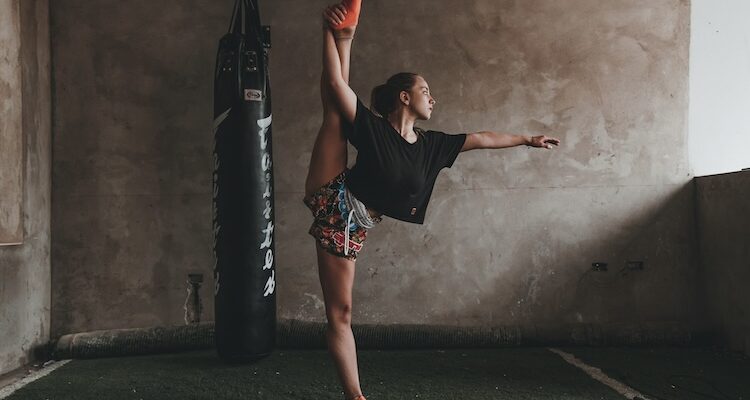What athletes and coaches give up.
Let’s be real, athletes and coaches make a ton of sacrifices both on and off the field. We dedicate so much time to conditioning and training, scouting opponents and watching video, mentally preparing, traveling to compete, and recovering in the training room. Throughout our athletic careers, we are conditioned to make great physical, emotional, and social sacrifices to compete at the expense of our mental and physical health.
What does it mean to have an athletic identity?
Your athletic identity is the degree to which you identify with your role as an athlete competing in your sport (Giannone, Haney, Kealy, & Ogrodniczuk, 2017). It’s basically a framework for an athlete’s self-concept. Sometimes, being an athlete can become such a big part of who you are that it overshadows other aspects of yourself and life can feel unbalanced.
[Read more…] about Understanding Your Athletic Identity



![Photo credit: Keegan Houser [Person sitting on rock near shoreline meditating during sunset]](https://headstrongmindset.com/wp-content/uploads/2022/09/keegan-houser-3-750x400.jpg)
